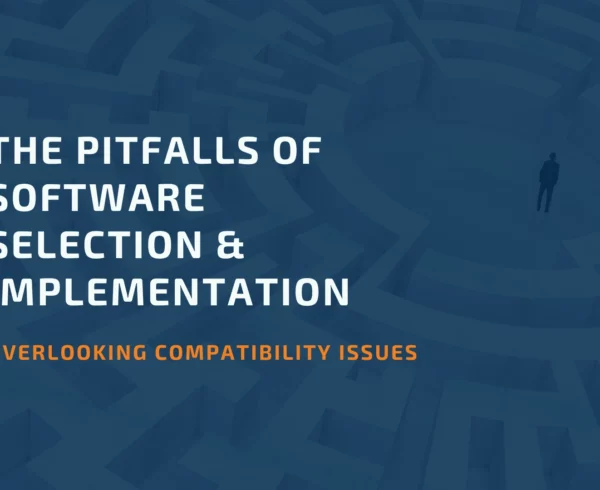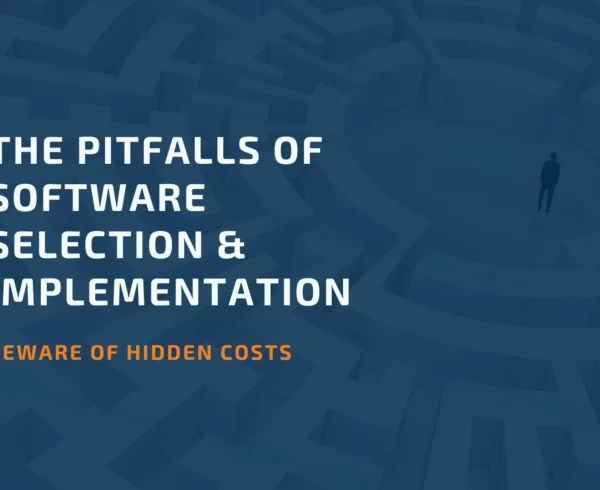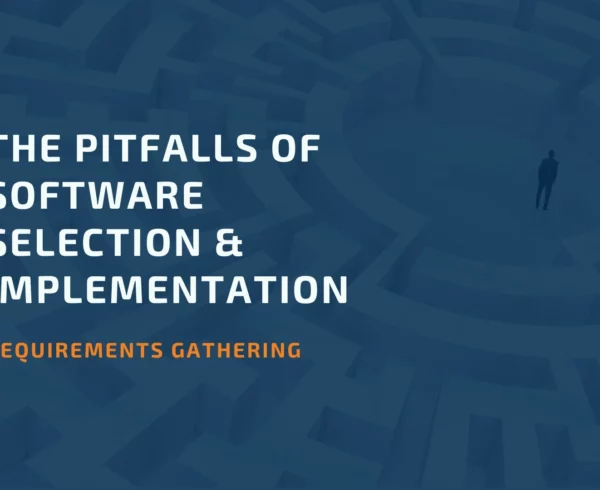Managing a business isn’t easy. Trying to keep a business running smoothly — not to mention profitably — can sometimes be challenging, especially if you’re forever hopping between different software to keep everything on track. As any business grows, the workload of its administrators grows exponentially. Initially, companies will get by with spreadsheets and email; eventually, the tediousness of manual logistics will take its toll. Failure to keep up with customer demand could derail any business during a critical growth phase.
So, that is why many successful businesses use an ERP and why, if you’re involved in running a business, you should consider using one too. ERP software can help your business bring together disparate activities under a single integrated application, thereby streamlining processes and increasing agility. In addition, multi-faceted ERP software utilizes a unified database that significantly speeds up response times to clients, increases operational efficiency and ensures client success.
What is ERP software?
First off, what does ERP stand for? Well, ERP stands for Enterprise Resource Planning. An ERP is an application that automates business processes and provides insights and internal controls. It draws on a central database that collects inputs from departments including accounting, manufacturing, supply chain management, sales, marketing and human resources (HR).
At its most basic level, an ERP software integrates these diverse functions into one complete system to streamline processes and information across your company.
Who are ERP consultants, and what is their role?
ERP consultants are experts in transitioning from old, usually disparate, business management systems to the new solution. They analyze and understand your business processes and requirements and evaluate potential ERP solutions from which your business can benefit. Choosing the most appropriate system and then deploying, customizing, testing, and fine-tuning that system are phases of the project that ERP consultants can handle.

An ERP consultant’s main tasks include:
- Analyzing and understanding the existing software
- Documenting ERP state configuration
- Assisting your technical team with any changes in technical or management skills
- Writing design specifications or estimates programs based on the organization’s requirements
- Participating in every decision-making to improve and optimize technology management
What are the benefits of hiring a professional ERP Consulting Firm for a successful ERP Implementation Project?
An ERP Consultant has expertise in business management consulting. Your ERP software implementation and your digital transformation require particular attention on both ends. Most projects can be handled internally, however, the benefits of hiring a professional ERP-specific consulting firm are too significant to overlook. Therefore, we put together our top 5 below.

Years of Experience
A professional ERP consultant has years of industry-related experience, numerous successful projects, and expert knowledge that guarantees success for your business. In addition, professional and experienced consultants are ready to find optimized ERP solutions to any workflow design because they know every feature of the ERP software they work with.
In comparison, non-experts could deliver less effective alternatives. Ideally, you want to pick a consultant with knowledge and experience in similar industries as yours. Although they are very knowledgeable about the industry’s regulations, policies, and new trends, they will have learned many invaluable lessons from past implementations in your industry. Also, consider looking for consultants in the same proximity as you or who have worked with other satisfied customers in the area.
Multi-Vendor Experience
Although many ERP Consultants may not work for a specific vendor or ERP company, they do have preferred ERP solutions. The consultant will often guide you in a particular direction regardless of your preferences, so it is important to understand that it is not necessarily wrong for a consultant to have specific preferences. They usually have many years of experience and may find that a select few solutions have worked well for their clientele and others have not. It will serve you best working with a well-rounded consultant who has experience working with a variety of vendors and is open-minded about working with new vendors.
Unbiased Analysis of Your Company
A critical first step to ERP implementation is a business analysis of the enterprise to realize all internal processes and the pain points, inefficiencies, bottlenecks, and goals for the future. Your company can operate for years without knowing that you can do some things more effectively. And it’s not only about automation: sometimes you can save hours of work to the Purchasing Department and Inventory Control only by putting both in the copy line of your email to customers.
So getting an external opinion about your workflow is always helpful, especially when you get advice on fixing the weaknesses. Next, a detail-oriented group of ERP consultants will commence an extensive discovery process with your company, asking questions surrounding metrics, processes, security, and your existing tech stack. Our discovery process helps companies map out either As-Is or As-It-Should-Be procedures, so there is a clear understanding of what a new solution should aim to solve.

Specialized Project Management
ERP consultants are your partners-in-crime for project management. They will create a detailed implementation timeline and list of project deliverables. In addition, their plan will outline when your executive team needs to join the discussion and when your employees can expect to start getting acquainted with the new ERP. Once the software solution is implemented, the ERP consultant needs to educate the company members on utilizing the software effectively. Without this critical skill, your employees can be left not knowing how to use the software and, consequently, make your business lose time and money.
Ongoing ERP Training & Change Management Support
A successful ERP training program is essential and will make it easier for existing employees to adapt to the new system and should be considered a critical phase in the ERP implementation process. Training is usually executed over a few months, but your ERP consultants can continue to assist you should you need more help managing challenges that arise after the transition. Lack of change management can cause significant drops in employee productivity and morale. ERP consultants that know your solution in and out will be able to support employees when they need it, reducing workflow delays and organizational stress.
Final Thoughts
Selecting a good ERP consultant is as important as choosing the ERP software.
So why leave your ERP implementation to chance? By partnering with ERP specialists like BHC Group, you can be sure that you’ll find the best team for the job.





